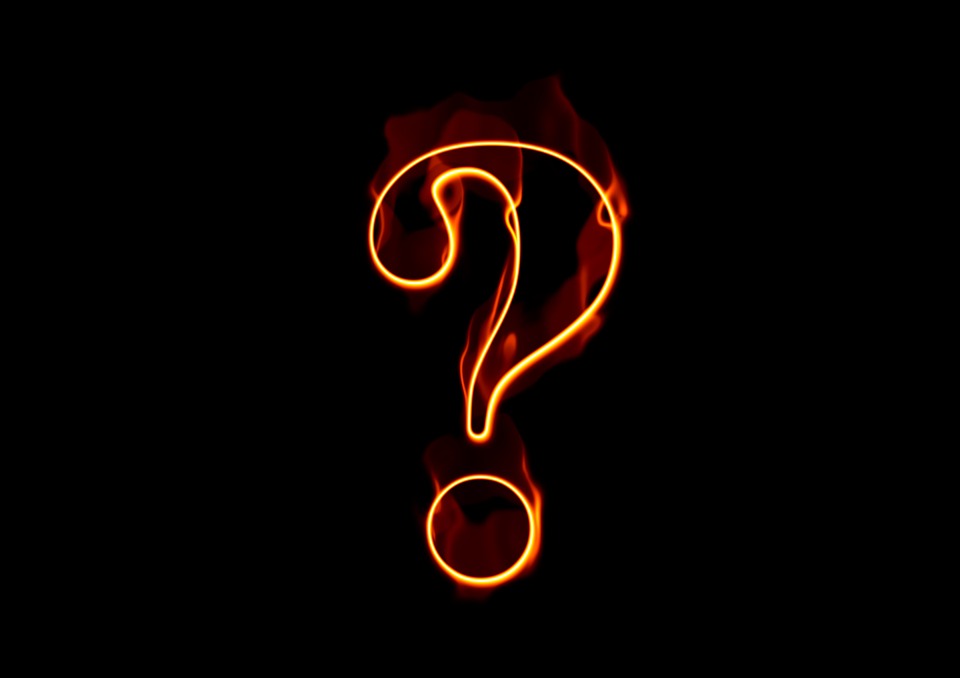Something as basic as how to use a period, a comma, and a colon doesn’t seem like the kind of thing you’d need to learn how to use en français. A period goes at the end of the sentence, a comma separates clauses or lists, and a colon introduces a title or a list or many other things.

En anglais, there’s a space after each of these punctuation marks. Cependant (However), en français the rules for these spaces are not the same! En règle générale (as a general rule of thumb), any punctuation that is made up of two different points or a line and a point ( ! ? ; : etc) has a space before and after it in French (except in Canadian French).
Voici un exemple d’une question en anglais :
What do you want?
Mais en français c’est :
Qu’est-ce que vous voulez ?
Remarquez l’espace ! (Notice the space!)
There’s another tricky punctuation point that can cause a lot of confusion between French and English. French numbers are pretty easy at first, but there’s a small detail that can be un vrai casse-tête (a real headache).
En anglais, the decimal point is written with un point (a period or full stop) and thousands are marked with une virgule (a comma), but in French thousands are marked with un point (or sometimes just a space) and une virgule is used for decimal points!
Voici un exemple simple :
Anglais : 1.5
“One point five”
Français : 1,5
“Un virgule cinq”
One comma five
It can become confusing with larger numbers and more decimal places:
Anglais : 1,500.005
“One thousand five hundred point zero zero five”
Français : 1.500,005 ou 1 500,005
“Mille cinq cents virgule zéro zéro cinq”
One thousand five hundred comma zero zero five
Next time you see des numéros français, double check la ponctuation! You don’t want to confuse mille cinq (1.005) and un virgule zéro zéro cinq (1,005) ! Surtout (especially) if you’re trying to get a vingt sur vingt !





